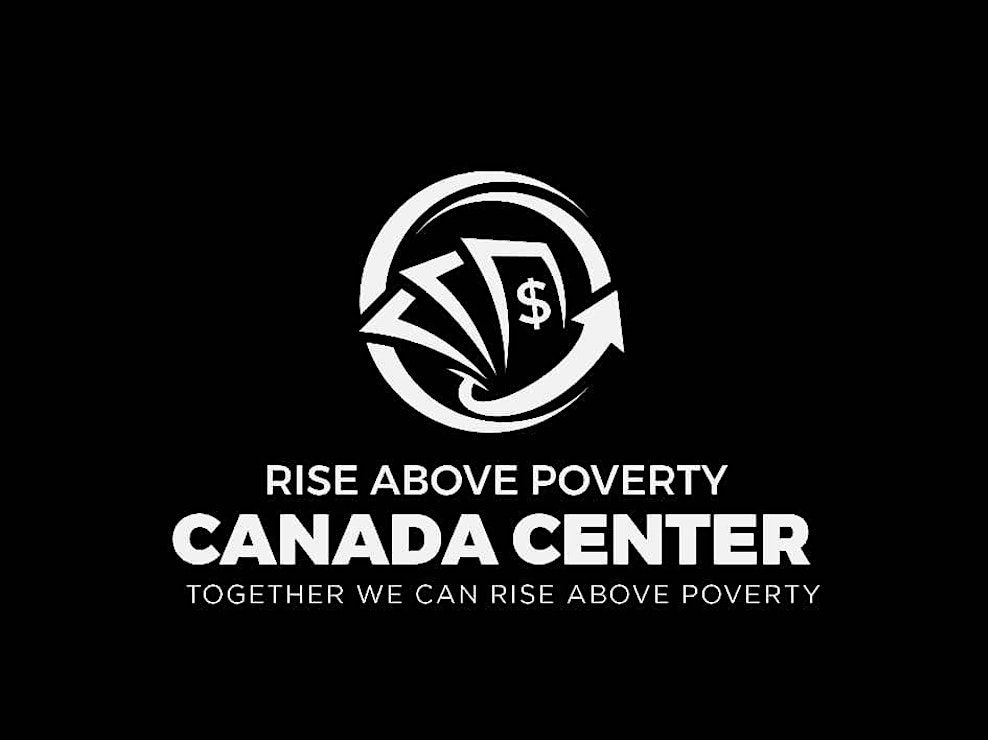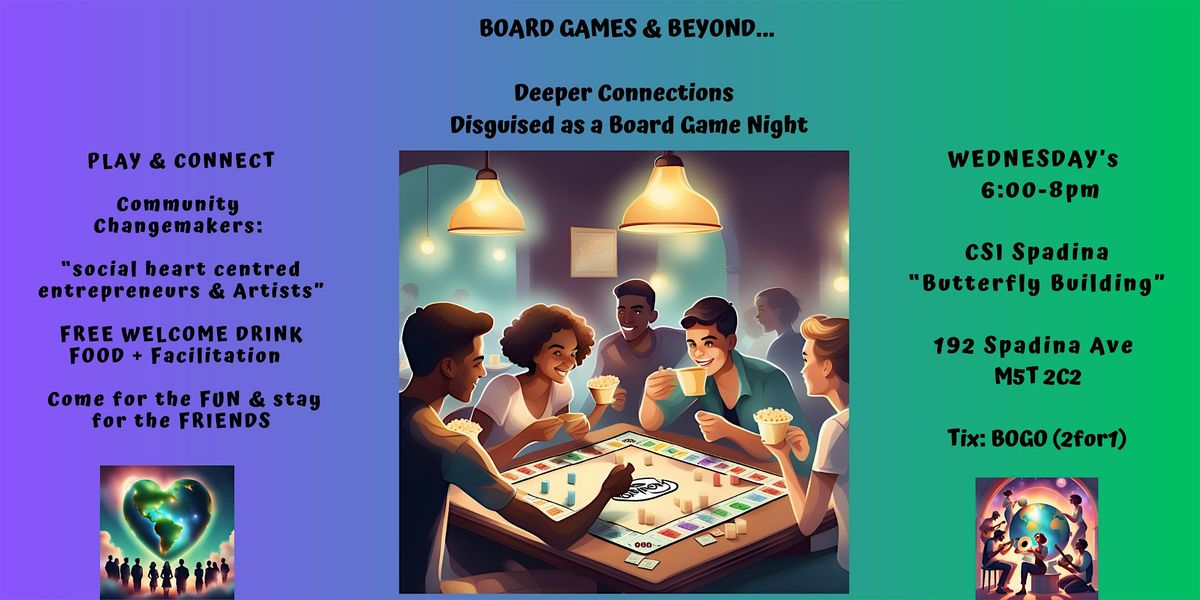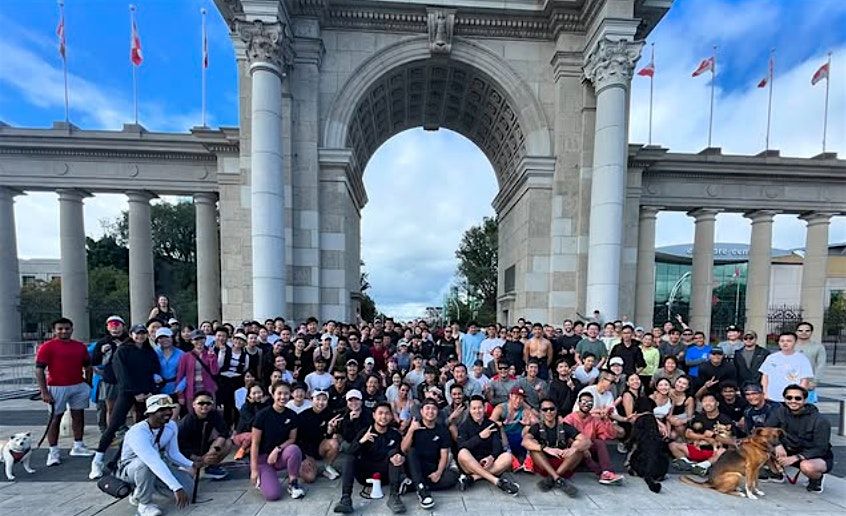The International Summit on Poverty Alleviation, Economic Justice, and Soci
Schedule
Fri, 29 Aug, 2025 at 10:00 am to Sat, 30 Aug, 2025 at 05:30 pm
UTC-04:00Location
30 Vice Regent Blvd | Toronto, ON

About this Event
The International Summit on Poverty Alleviation, Economic Justice, and Social Inclusion will be a four-day global event held from August 29 to September 1, 2025, at The Woodburn Banquet and Convention Centre, Etobicoke, Canada. This summit aims to bring together leaders, policymakers, academics, civil society organizations, and community members to address pressing issues related to poverty, economic justice, and social inclusion. The event will serve as a platform for sharing innovative ideas, successful practices, and actionable strategies to create equitable and inclusive societies worldwide.
THEME
Empowering Communities for Sustainable Development and Economic Justice
OBJECTIVE
Objectives of the Event
1. Raise Awareness
To increase understanding of poverty, economic inequality, and social exclusion's root causes and consequences.
2. Foster Collaboration
To promote collaboration among governments, NGOs, the private sector, and communities to develop comprehensive strategies for poverty alleviation.
3. Promote Inclusive Policies
To advocate for policies that ensure fair economic opportunities and social inclusion for all, especially marginalized groups.
4.Showcase Solutions
To highlight innovative and evidence-based solutions and practices that have been successful in alleviating poverty and fostering economic justice.
5. Build Capacity
To empower participants through workshops and sessions that provide tools, knowledge, and skills to implement poverty alleviation initiatives in their communities.
BENEFITS
Why You Should Attend
Network with Global Leaders
Engage with policymakers, thought leaders, and practitioners who are shaping the future of poverty alleviation and economic justice.
Learn from Experts
Gain insights from world-renowned experts on effective strategies and innovations in poverty reduction, economic justice, and social inclusion.
Participate in Meaningful Dialogues
Contribute to important conversations about global economic and social challenges and be part of the change.
Access Resources and Tools
Benefit from workshops and sessions designed to provide practical tools and resources for implementing impactful poverty alleviation programs.
Influence Policy
Advocate for inclusive and equitable policies at local, national, and international levels.
ATTENDEES
Who Should Attend
1. Government Officials and Policymakers
Ministers, Members of Parliament, and other government representatives responsible for social welfare, economic development, labor, health, education, and gender equality. - Local government leaders and municipal authorities engaged in community development and poverty reduction efforts.
2. Non-Governmental Organizations (NGOs) and Civil Society Organizations (CSOs)
Representatives from NGOs, CSOs, and grassroots organizations working in poverty alleviation, social inclusion, human rights, and economic justice. - Activists and community leaders advocating for marginalized and vulnerable populations.
3. International Development Agencies and Multilateral Organizations
Delegates from the United Nations, World Bank, International Monetary Fund (IMF), and other multilateral organizations involved in global development and poverty reduction. - Representatives from regional bodies such as the African Union, European Union, ASEAN, and the Organization of American States (OAS).
4. Private Sector Leaders and Corporate Executives
CEOs, business leaders, and corporate executives interested in Corporate Social Responsibility (CSR), sustainable business practices, and inclusive economic growth. - Representatives from social enterprises and impact investors focused on social and economic development.
5. Academics, Researchers, and Think Tanks
Scholars, researchers, and experts from universities and research institutions specializing in economics, social sciences, development studies, public policy, and human rights. - Members of think tanks and policy institutes focused on poverty, social inclusion, and economic justice.
6. Philanthropic Organizations and Foundations
Representatives from foundations, charitable organizations, and philanthropic bodies funding poverty reduction, education, health, and social inclusion initiatives.
7. Human Rights Advocates and Social Justice Activists
Individuals and organizations advocating for social justice, economic equity, and human rights, particularly those working with marginalized communities. - Youth activists and young leaders advocating for inclusive development and systemic change.
8. Representatives of Marginalized and Vulnerable Communities
Community members from disadvantaged groups, including those living in poverty, refugees, indigenous peoples, people with disabilities, LGBTQ+ communities, ethnic minorities, and others facing social exclusion. - Grassroots leaders and community organizers who are directly involved in local poverty alleviation and social justice efforts.
9. Financial Institutions and Development Banks
Representatives from banks, microfinance institutions, and development finance institutions working on financial inclusion and economic empowerment. - Investors and fund managers focused on impact investing and inclusive growth.
10. Media and Communication Professionals
Journalists, reporters, and media professionals covering social issues, economic development, and global poverty. - Communication experts and media strategists promoting awareness and understanding of poverty, social inclusion, and economic justice.
11. Youth and Student Representatives
Young leaders, students, and youth representatives passionate about social justice, equality, and sustainable development. - Representatives from student organizations and youth networks focused on poverty alleviation and social change.
12. Faith-Based Organizations and Religious Leaders
Representatives from faith-based organizations involved in humanitarian work, poverty reduction, and community development. - Religious leaders advocating for social justice, equality, and inclusive societies.
13. Health and Education Professionals
Practitioners and experts in health and education sectors working to improve access to basic services in underserved communities. - Representatives from organizations providing healthcare, education, and social services to marginalized populations.
14. Technology Innovators and Digital Inclusion Advocates
Tech entrepreneurs and innovators developing digital solutions for poverty reduction, financial inclusion, and social empowerment. - Experts in digital inclusion, technology for development, and data analytics for social impact.
TOPIC
Keynote Speech Topics
- 1. Global Strategies for Poverty Alleviation in the 21st Century
- 2. The Role of Economic Justice in Sustainable Development
- 3. Breaking Down Barriers: Achieving Social Inclusion for All
- 4. Innovative Financing for Poverty Reduction: New Approaches and Opportunities
- 5. Empowering Communities: The Grassroots Perspective on Social Change
TOPIC
Plenary Session Topics
- 1. Understanding and Addressing Structural Inequalities
- 2. The Intersection of Climate Change, Poverty, and Economic Justice
- 3. Gender and Economic Justice: Pathways to Equality
- 4. Digital Inclusion: Leveraging Technology for Poverty Reduction
- 5. Inclusive Economic Growth: Balancing Development and Equity
TOPIC
Workshop Topics
- 1. Community-Led Development: Tools and Techniques for Empowerment
- 2. Building Resilient Social Safety Nets: Lessons from Around the World
- 3. Public-Private Partnerships for Sustainable Development
- 4. Advocacy and Policy Influence for Economic Justice
- 5. Leveraging Data and Research for Effective Poverty Reduction Strategies
1. Global Poverty
Extreme Poverty Rates
As of 2023, around 9.2% of the global population (approximately 719 million people) live on less than $2.15 per day, the international threshold for extreme poverty. The COVID-19 pandemic and ongoing conflicts have reversed years of progress, pushing an additional 70-100 million people into extreme poverty since 2020.
Multidimensional Poverty
Beyond income, about 1.3 billion people globally experience multidimensional poverty, which considers various deprivations such as lack of education, inadequate living standards, poor health, and lack of access to clean water and sanitation. Nearly half of these people are children under the age of 18.
STATISTICS
2. Social Inclusion
Gender Inequality
Women worldwide earn, on average, 20% less than men. In many countries, women are more likely to work in low-paying, informal, or insecure jobs. Women also perform three times more unpaid care work than men, contributing to economic inequality.
Disability and Inclusion
Around 15% of the global population (over 1 billion people) have some form of disability. People with disabilities are more likely to experience adverse socioeconomic outcomes, such as less education, poorer health, lower employment rates, and higher poverty rates.
Ethnic and Racial Disparities
Ethnic and racial minorities often face systemic barriers to economic opportunities. For instance, in the United States, the poverty rate for Black and Hispanic Americans is more than double that of White Americans, reflecting persistent social and economic inequalities.
LGBTQ+ Inclusion
LGBTQ+ individuals often experience higher levels of discrimination, exclusion, and poverty. In many countries, they are denied equal access to housing, education, healthcare, and employment opportunities. A 2019 study found that the economic exclusion of LGBTQ+ people costs up to 1.7% of a country's GDP.
STATISTICS
3. Economic Justice
Wealth Inequality
The world's richest 1% hold more than 45% of global wealth, while the bottom 50% collectively own less than 1%. Wealth inequality continues to widen, with the top 1% capturing nearly twice as much income growth as the bottom 50% over the past four decades.
Income Inequality
The average income of the richest 10% of the global population is nine times higher than that of the poorest 50%. Countries with high levels of income inequality tend to have weaker social mobility, meaning that people born into poverty have fewer chances to escape it.
Taxation and Economic Justice
Many low-income and developing countries lose billions in revenue annually due to tax avoidance by multinational corporations. According to the Tax Justice Network, developing countries lose approximately $100 billion per year to corporate tax abuse, which could be invested in public services like healthcare and education.
Access to Financial Services
About 1.4 billion adults worldwide remain unbanked, meaning they do not have access to basic financial services such as savings accounts, credit, or insurance. The lack of financial inclusion limits opportunities for economic empowerment and perpetuates cycles of poverty.
STATISTICS
4. Child Poverty and Education
Child Poverty
Approximately 356 million children (1 in 6 children) live in extreme poverty. Children living in poverty are less likely to have access to education, healthcare, and nutritious food, and are at higher risk of exploitation, abuse, and neglect.
Education Inequality
More than 250 million children and adolescents are currently out of school, and many of those in school do not receive quality education. Disparities in education are closely linked to poverty, gender, ethnicity, and location, with girls, rural children, and marginalized groups being disproportionately affected.
STATISTICS
5. Access to Basic Services
Water and Sanitation
Around 2 billion people still lack access to safely managed drinking water services, and 3.6 billion people lack safely managed sanitation services. Lack of access to clean water and sanitation disproportionately affects rural areas and marginalized communities, perpetuating cycles of poverty and exclusion.
Healthcare
At least half of the world’s population lacks access to essential health services. Out-of-pocket health expenditures push nearly 100 million people into extreme poverty every year.
STATISTICS
6. Impact of Climate Change on Poverty
Climate-Induced Poverty
By 2030, climate change could push an additional 132 million people into extreme poverty due to its impact on agriculture, health, and livelihoods. Vulnerable populations in developing countries are most at risk, with lower adaptive capacities to respond to climate shocks.
STATISTICS
7. Employment and Decent Work
Unemployment and Underemployment
In 2023, global unemployment stood at around 208 million, with many more people underemployed or working in precarious conditions. Women, young people, and marginalized communities are more likely to be in insecure and low-wage employment.
Living Wage and Decent Work
Over 630 million workers worldwide still live in extreme or moderate poverty, earning less than $3.20 per day. Achieving decent work for all remains a critical challenge for economic justice.

Where is it happening?
30 Vice Regent Blvd, 30 Vice Regent Boulevard, Toronto, CanadaEvent Location & Nearby Stays:
CAD 214.33 to CAD 427.33




















